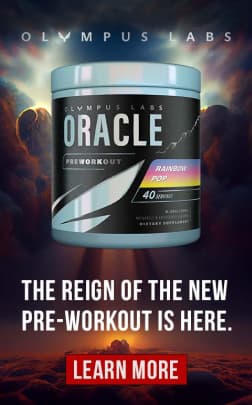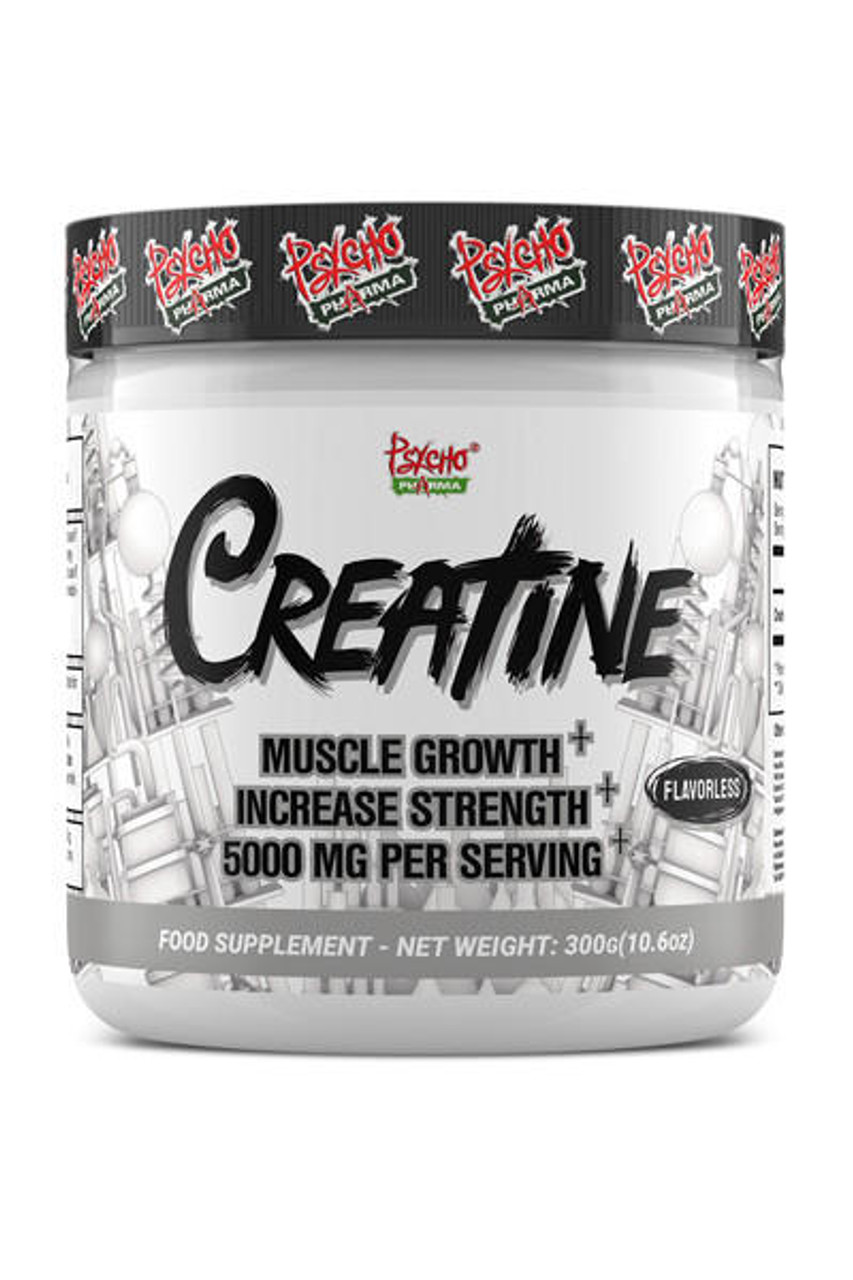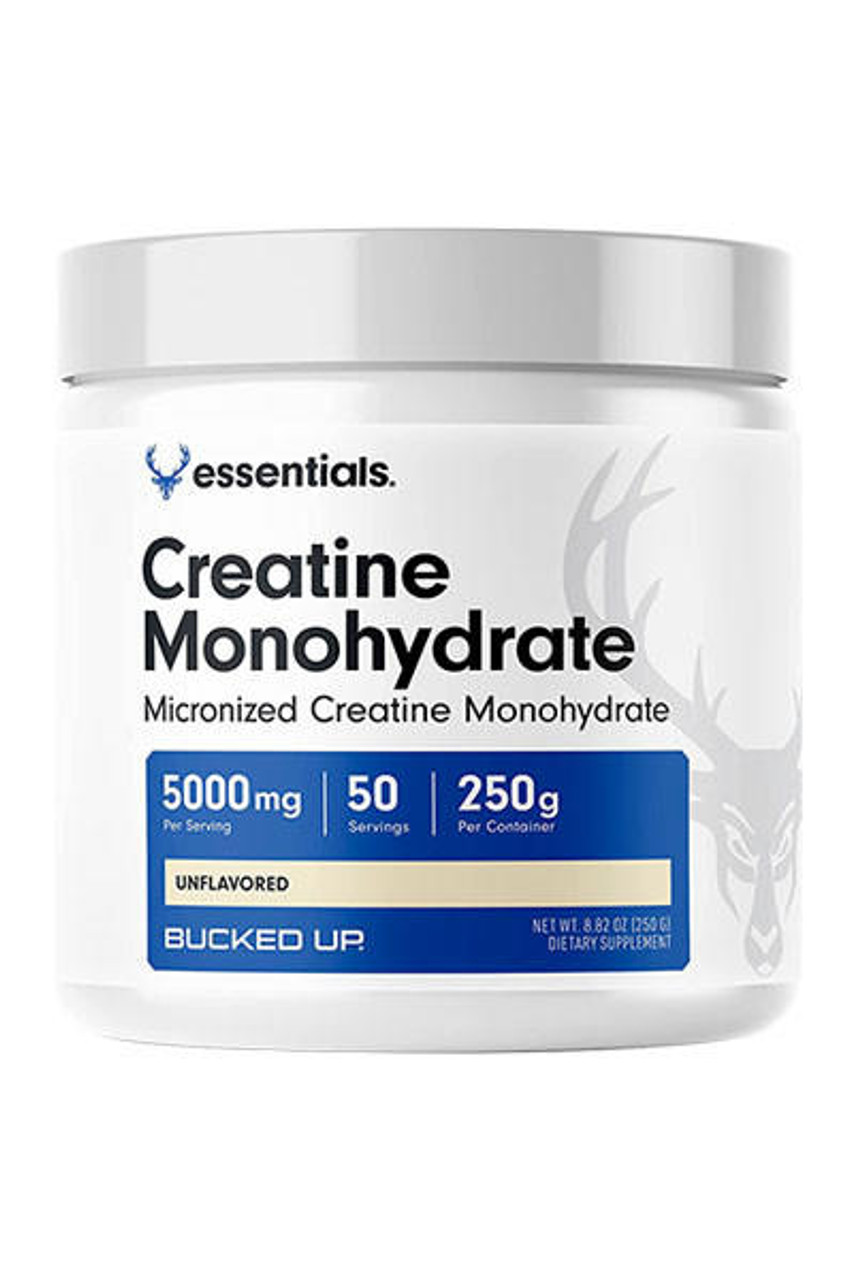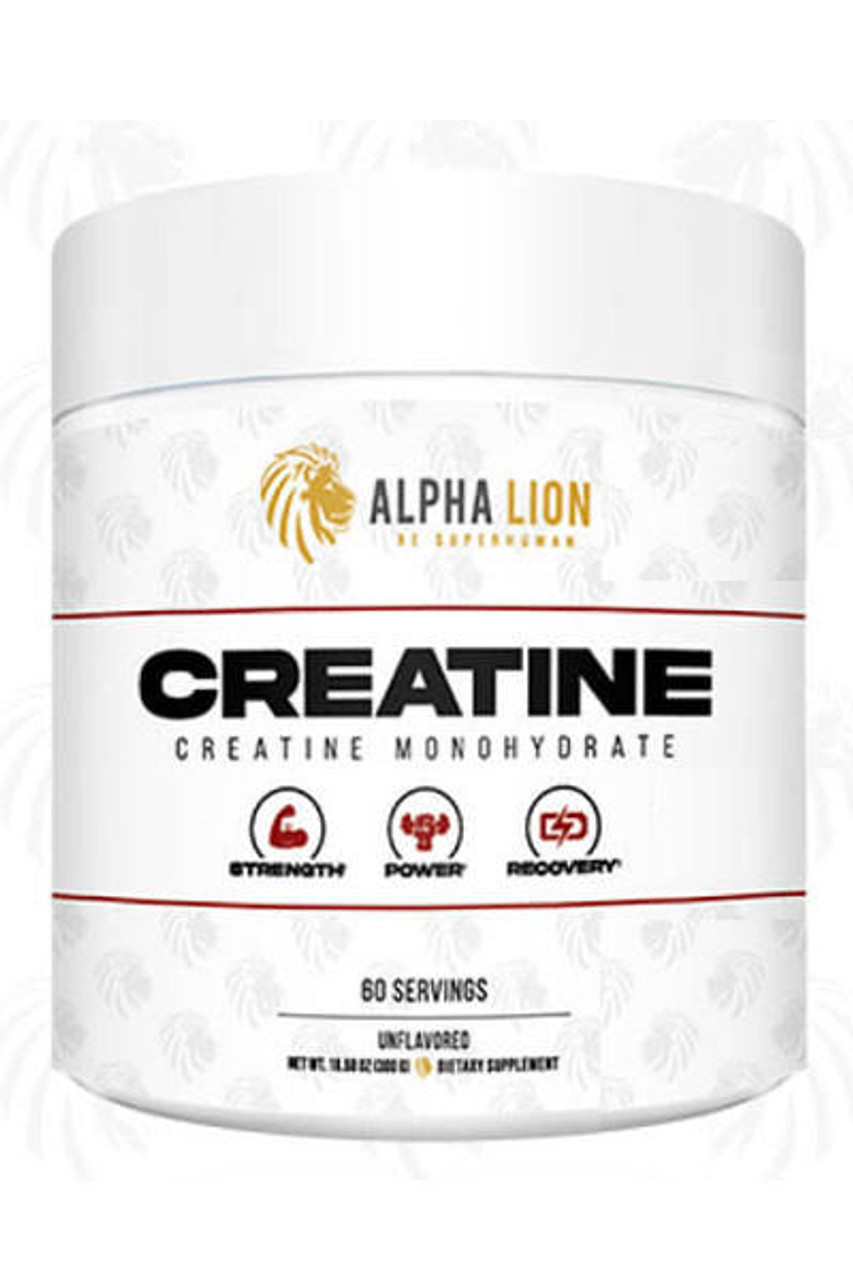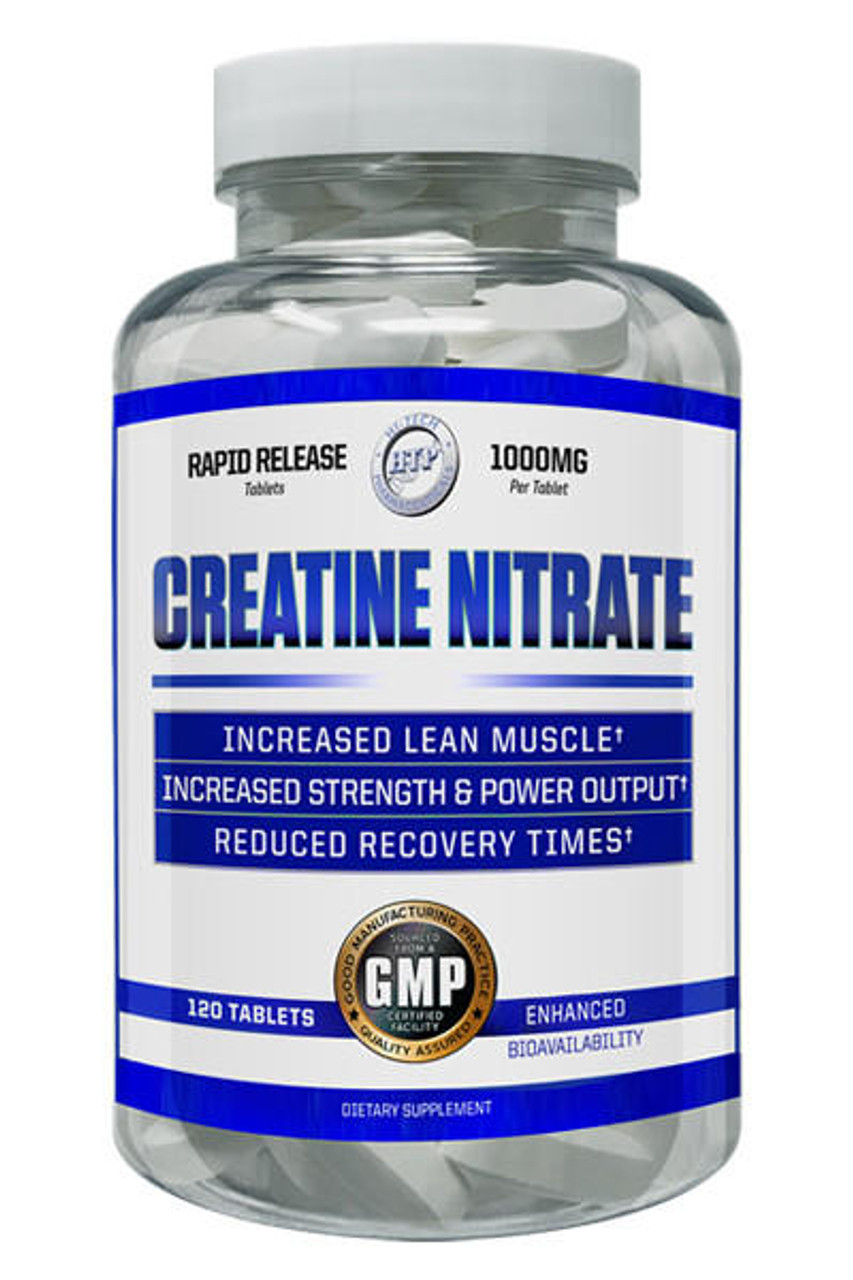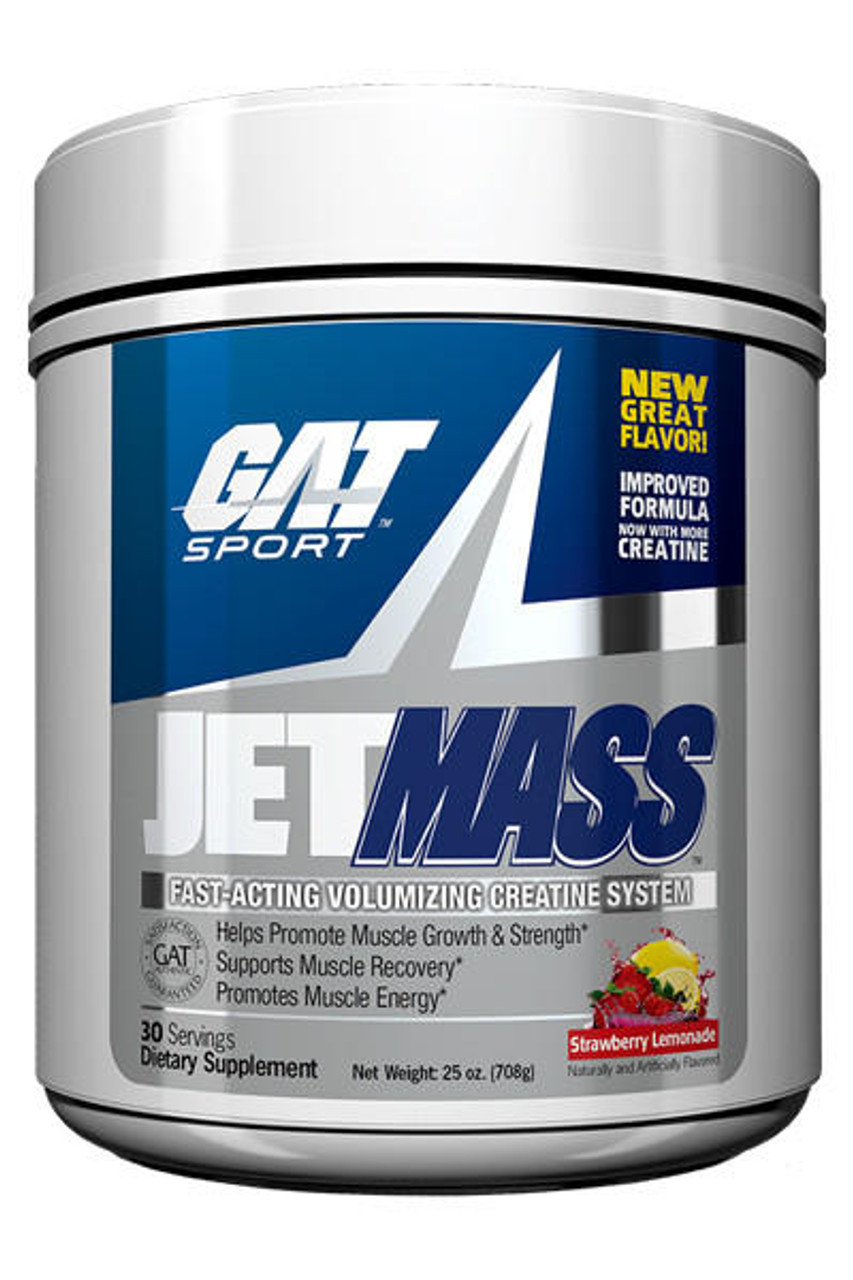Best Foods with Creatine to Fuel Your Fitness Journey
Posted by Leonard Shemtob on Feb 13, 2024
Are you looking to boost your creatine levels through natural food sources? This article will guide you through the top foods rich in creatine, perfect for both vegetarians and meat-eaters.
Whether you're an athlete, fitness enthusiast, or simply conscious of your diet, understanding the best natural sources of creatine can be a game-changer. From plant-based options to animal-derived sources, we'll explore a variety of foods to help you maximize your creatine intake and enhance your overall performance."
Let's dive into the world of creatine-rich foods and discover how they can benefit your fitness goals.
[Related Article] Creatine Vs Pre-Workout: Which One is Better?
Short Summary
- Discover natural sources of creatine beyond supplements.
- Learn how creatine-rich foods can enhance athletic performance and muscle function.
- Explore a variety of delicious options to incorporate into your diet.
- Discover the best creatine supplements available on the market today.
- Gain insights into the role of creatine in overall health and well-being while uncovering ways to optimize your nutrition and fitness regimen.
- If you are looking for a creatine supplement, check out " Creatine by Psycho Pharma" for the best creatine supplements.
Understanding Creatine
Creatine is a compound created from three amino acids, primarily present in the muscles and brain. It serves as a nitrogenous organic acid crucial for offering energy to cells throughout the body, especially muscle cells.
While creatine is found in certain foods, it can also be taken as a supplement. Creatine supplements have been widely studied for their ability to support muscle growth, improve strength, and enhance recovery from exercise.
They have been shown to enhance the body's creatine stores, allowing individuals to work out at higher intensities for longer periods of time, potentially leading to improvements in strength, muscle growth, and exercise performance.
Benefits of Creatine
Muscle Growth: Creatine is renowned for its capacity to support muscle growth. By aiding in the making of adenosine triphosphate (ATP), it contributes to the energy needed for muscle cells to function optimally and grow.
Increased Energy Levels: Creatine plays a crucial role in supplying energy to your muscles during intense activities. This boost in energy can enhance your ability to tackle demanding workouts and daily physical tasks.
Strength Gain: Creatine helps your muscles produce energy quickly, allowing you to lift heavier weights, perform more reps, and ultimately see quicker strength gains.
Improved Strength: Regular creatine supplementation has been associated with improvements in strength, making it an excellent ally for those aiming to enhance their physical power and performance.
Quicker Recovery: When you engage in strenuous exercises, creatine may aid in faster recovery, reducing muscle soreness and enabling you to get back to your routine sooner.
Enhanced Exercise Performance: Studies have shown that creatine supplements can help individuals work out at higher intensities for longer durations. This can result in better workout performance and overall fitness gains.
Best Foods with Creatine
Red Meat
Beef, especially lean cuts like sirloin, stands out as a prominent source of creatine. Beyond its creatine content, red meat offers a wealth of high-quality protein, iron, zinc, and essential B vitamins.
Consuming red meat contributes significantly to increased creatine levels in the body, promoting improved energy supply to muscles during various physical activities.
Fish
Fish, particularly varieties like salmon and tuna, provide substantial amounts of creatine. In addition to being a creatine-rich option, these fatty fish are renowned for their omega-3 fatty acid content, promoting heart health and overall well-being.
Incorporating fish into your diet provides a dual benefit, supporting both creatine intake for enhanced energy during exercise and essential fatty acids for cardiovascular health.
Chicken
When consuming creatine, chicken serves as an excellent source of lean protein and essential nutrients for the body. A pound of chicken can provide up to 4-5 grams of amino acids, B vitamins, phosphorus, and selenium.
Regular consumption of chicken, combined with creatine supplementation, can aid in increasing lean muscle mass, boosting energy levels, improving exercise performance, and enhancing creatine synthesis.
Eggs
Eggs, particularly the yolks, contain creatine. Eggs can be prepared in various methods, making them an easy addition to your diet.
In addition to creatine, eggs provide high-quality protein, vitamins, and minerals, contributing to overall nutritional well-being.
Herring
Herring, a fatty fish, not only provides creatine but also provides additional health benefits due to its omega-3 fatty acid content. Herring is known for its distinctive flavor and is often enjoyed smoked, pickled, or grilled.
Including herring in your diet not only supports your creatine intake but also provides a rich source of essential fatty acids for overall well-being.
Milk and Dairy Items
Dairy products, like milk, yogurt, and cheese, are sources of creatine. These items not only provide creatine but also give other essential nutrients like calcium and vitamin D.
Opt for low-fat or fat-free varieties to maintain a balance between creatine intake and overall dietary health.
Vegan Sources of Creatine
If you're following a vegan lifestyle, you can still ensure a sufficient intake of creatine from plant-based sources. While these options may contain lower amounts compared to animal products, they contribute to your overall creatine intake:
Spinach: Spinach, a leafy green, contains modest amounts of creatine. Plus, it's a nutrient-rich vegetable high in vitamins and minerals.
Beets: Beets are another vegan-friendly source that contains trace amounts of creatine.
Whole Grains: Oats, Quinoa, Bulgur, and other whole grains provide a variety of amino acids, contributing to the body's natural creatine production.
Legumes: Lentils, Beans, and chickpeas are rich in the amino acids required for creatine synthesis.
Seeds and Nuts: Pumpkin seeds, sesame seeds, walnuts, and almonds are good vegan sources of creatine-supporting amino acids.
Best Creatine Supplements
1- Creatine by Psycho Pharma
Psycho Pharma's Creatine Monohydrate is a proven enhancer of both immediate performance and endurance during workouts.
It works by reducing glycolysis, which leads to less rapid lactic acid buildup in muscles, allowing for harder and longer training sessions.
Key Benefits:
- It increases your strength.
- It improves your muscle growth.
- It helps improve your endurance.
- It boosts your overall performance.
- It enhances your energy levels.
- It increases your muscle mass.
2- Creatine Monohydrate by Bucked Up
Bucked Up's Creatine Monohydrate is a scientifically backed muscle builder that enhances muscle growth, strength, and performance.
It contains high-quality, micronized creatine monohydrate, which is highly absorbable and effective.
Key Benefits:
- It enhances your muscle growth.
- It increases lean muscle mass and muscle volume.
- It boosts muscle strength and power.
- It helps improve your exercise performance.
- It boosts your endurance.
- It helps reduce muscle cell damage and inflammation.
- It speeds up your recovery time.
3- Creatine Monohydrate by Alpha Lion
Alpha Lion's Creatine Monohydrate is a powerful muscle-building supplement that supports superior muscle growth, strength, and performance. With each scoop containing 5g of creatine monohydrate, this premium-grade, micronized supplement ensures optimal absorbability and impact, providing essential fuel for daily muscular improvement.
Creatine monohydrate is the most clinically studied and proven ingredient for accelerating muscle strength and size, making it a trusted choice for those seeking to elevate their fitness capabilities.
[Related Article] Creatine Nitrate vs Monohydrate: What's The Difference?
Key Benefits:
- It increases muscle protein synthesis.
- It improves muscle size, strength, and growth.
- It supports nutrient delivery and overall muscle hydration.
- It increases your endurance.
- It promotes muscle recovery.
- It supports muscle cell hydration and muscle cell function.
4- Creatine Nitrate by Hi-Tech Pharmaceuticals
Enhance your workout with Creatine Nitrate from Hi-Tech Pharmaceuticals and elevate your fitness to new heights! This advanced formula is 1000% more soluble than standard creatine, ensuring maximum absorption for rapid gains in muscle mass and strength.
Unlike traditional creatine, Creatine Nitrate minimizes potential side effects while providing superior water solubility. This means your body can efficiently utilize the maximum amount of creatine, resulting in increased strength and energy.
Moreover, Creatine Nitrate supports improvements in recovery, anaerobic capacity, muscle pumps, and overall workout intensity.
Key Benefits:
- It improves energy levels.
- It boosts lean muscle mass.
- It enhances your strength.
- It helps increase vasodilation.
- It increases power output.
- It helps reduce recovery time.
- It boosts vascularity.
[Related Article] Creatine Capsules: Compact Power for Peak Performance
5- Jetmass Creatine by GAT Sport
JetMASS by GAT Sport is a superior creatine-driven formulation designed to help athletes achieve exercise-induced gains in muscle, strength, and performance.
It contains high-quality, micronized creatine monohydrate, which is specifically designed to increase the uptake of creatine, add lean muscle mass, increase muscle torque, and speed up recovery times.
Key Benefits:
- It increases muscle growth.
- It supports an anabolic state.
- It replenishes your muscles with muscle-building nutrients.
- It improves hydration and recovery.
- It reduces muscle soreness.
- It offers sustained energy.
- It speeds up your muscle recovery.
How Do Vegans Maintain Optimal Creatine Levels?
Since meat and fish, the primary sources of creatine, are not part of a vegan diet, vegans rely on synthesizing creatine from available amino acids to maintain adequate levels. While vegetarians can also produce creatine in the body, their natural synthesis may not suffice for maintaining high creatine stores.
Although vegetarians are unlikely to experience creatine deficiency, their stores tend to be on the lower end of the normal range.
To enhance creatine levels, vegans and vegetarians can opt for creatine supplementation, which can significantly impact their training outcomes, particularly when muscle stores are fully saturated. Notably, creatine supplements, being synthetically produced, are suitable for vegan consumption.
For vegans seeking to increase their creatine levels, supplements may offer the most effective solution. Many creatine supplements are vegan-friendly and can help address potential gaps in the vegan diet while enhancing athletic performance.
Can You Achieve Creatine-Related Benefits Without Supplements?
Looking at our list, most meats provide around 1-2 grams of creatine per pound. If you follow a diet rich in fish and meat, you might already be naturally getting about 1g of creatine per day without making a conscious effort. But is this enough to experience noticeable benefits from creatine?
While your body uses this creatine effectively, it's crucial to saturate your muscle stores with the compound to witness significant ergogenic effects. On average, the body can store around 160 grams of creatine, with most people storing about 120g due to an intake of approximately 1g of creatine per day. This fills about ¾ of the body's potential creatine stores.
To truly reap the benefits, you need to fully saturate your body's creatine stores, maintaining closer to 160g (or 100%). Achieving this requires consuming more creatine than your body uses in a day. While saturating muscles with creatine is possible through a meat-rich diet, it's challenging.
Adding an extra 3g of creatine daily would mean consuming 1-3 extra pounds of meat, making this approach both difficult and expensive over time. Additionally, sustaining such a diet is highly impractical.
While it's possible to saturate muscles through dietary creatine intake alone, it might not be the most effective strategy. Incorporating creatine-rich foods can help, but achieving significant effects would likely require consuming large amounts of meat daily, making it unsustainable in the long run.
How Much Creatine Do You Need?
The body uses around 2g of creatine daily, with approximately 1g being naturally synthesized and the rest needing to be obtained from the diet or supplementation. To fully saturate the body's creatine stores, it's necessary to regularly consume more creatine than the body uses each day.
Taking 3g of creatine daily through supplements can likely saturate your muscles within a month. While you could take more (up to 20g a day) for faster saturation, it's not really necessary.
If you aimed to saturate your muscles with food alone, you'd need to eat about 1lb of herring or 2-3lbs of other meat daily for a month. However, maintaining these elevated creatine levels would require keeping up this high intake. While it's possible, we believe taking a simple scoop of creatine daily is a much better option.
In summary, to experience the benefits of creatine, you need to fill your body's creatine stores. This involves consistently taking in more creatine than your body uses, achievable with an extra 3g daily for a month. While food can do this, we highly recommend using a supplement instead.
FAQs: Foods with Creatine
Q: Are there vegan-friendly sources of creatine?
A: Yes, there are vegan sources of creatine, including spinach, beets, whole grains, legumes, and seeds. However, their creatine content is generally lower than that found in animal products.
Q: Can I obtain enough creatine from my regular diet without supplements?
A: While some individuals can naturally get around 1g of creatine per day from a meat-rich diet, fully saturating muscle stores may require supplements.
Q: Are there any creatine-rich vegetables?
A: No, vegetables do not naturally contain creatine.
Q: Is creatine present in eggs?
A: While eggs are known for their high protein content, they contain minimal amounts of creatine.
Q: How can I quickly boost my creatine levels?
A: For most people, a diet abundant in animal products like beef and fish is an effective way to increase muscle creatine stores.
However, individuals with elevated creatine requirements, such as endurance athletes or those with significant muscle mass, may find supplements beneficial for achieving optimal creatine levels efficiently.
Q: What is the recommended daily creatine intake?
A: For most individuals, a daily creatine intake of 3 to 5 grams is typically sufficient. However, athletes and those with significant muscle mass may find it beneficial to aim for up to 10 grams of creatine each day to ensure optimal maintenance of muscle stores.
Q: Is creatine bad for you?
A: No, when used within recommended doses, creatine is generally considered safe for most individuals.
Numerous studies have shown its effectiveness in enhancing athletic performance, muscle growth, and overall well-being.
Final Thoughts
In conclusion, creatine, a naturally occurring compound mainly found in meat and fish, plays a crucial role in supplying energy during high-intensity workouts. Even for vegetarians and vegans, creatine-supporting amino acids can be sourced from plant-based options.
Research indicates that creatine supplementation, particularly when paired with resistance training, can enhance muscle mass, strength, and exercise capacity. It also shows promise in supporting recovery, anaerobic capacity, muscle pumps, and workout intensity.
While creatine supplements are generally safe and beneficial for healthy individuals, it's essential to adhere to recommended dosages and seek advice from a healthcare expert before introducing any new supplement.
Whether you're an athlete, fitness enthusiast, or simply aiming for overall well-being, incorporating creatine into your supplement routine can be a valuable choice.
Sources:
https://torokhtiy.com/blogs/guides/foods-with-crea...
https://www.drberg.com/blog/foods-high-in-creatine
https://welzo.com/blogs/supplements/what-foods-con...
https://trycreate.co/blogs/news/top-13-high-nutrie...
Written and Sponsored by Leonard Shemtob
Leonard Shemtob is President of Strong Supplements. Leonard has been in the supplement space for over 20 years, specializing in fitness supplements and nutrition. Leonard appears on many podcasts, written over 100 articles about supplements and has studied nutrition, supplementation and bodybuilding.
Leonard's articles have been published in many top publications around the web. Leonard enjoys weight training, playing basketball and yoga, and also enjoys hiking. In his free time he studies and works on improving himself. For more detailed information, visit his official blog.

